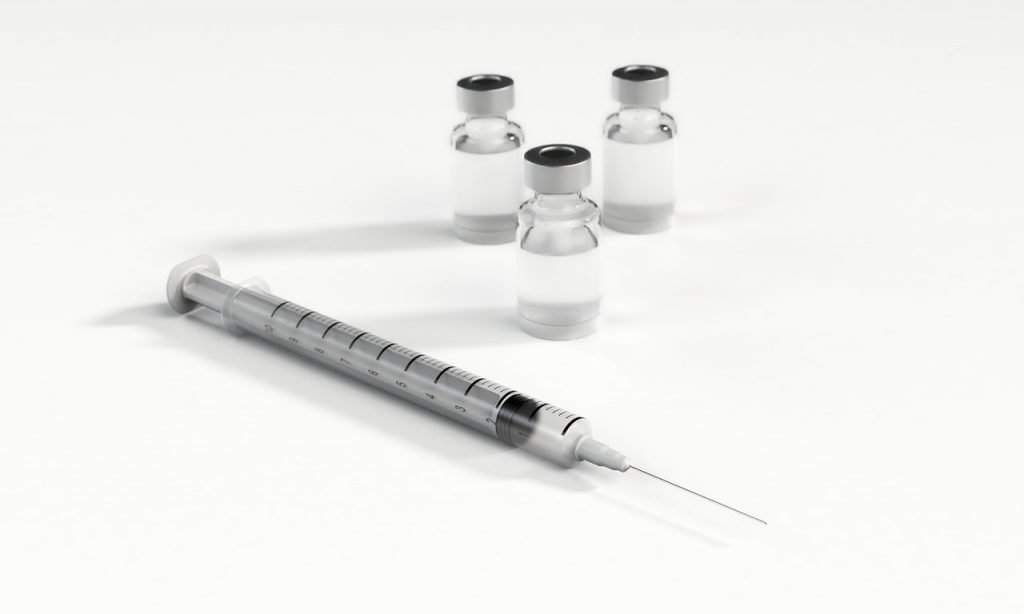Hungarians don’t believe in medical science

The majority of Hungarians finds alternative cures more effective than classic medical science, hate medicine factories and firmly believes in disproved healthcare misbeliefs – these are the main lessons of a countrywide representative survey conducted by Závecz Research, commissioned by index.hu. The support of anti-vaccination is dangerously high, whereas surprisingly little people believe in homeopathy.
Medicine lobby
Almost 2/3 of respondents think that there are many alternative cures which are more effective than official medical science – and the rate of those who are totally sceptical of these methods is well below 20%. The expression “medicine lobby” counts as a real swear-word: 68% thinks that medicine factories are scared of losing their profits so they suppress natural and cheap cures. This shows that there’s a great need of alternative methods and that the distrust and rejection of the healthcare industry is big.
According to statistics, half of the population supports alternative medicine, only 13% is sceptical and 1/3 is ambivalent. This illustrates a trap-situation: on one hand, healthcare is in horrible conditions and on the other hand, the world of alternative medicine is full of frauds and quacks.
Vaccination and diluted water
In the case of the anti-vaccination attitude, the rate of supporters is outstandingly low at first glance, while the rate of sceptical is quite high. Although, vaccination-denial is illegal in Hungary, law calls it “the negligence of protection against contagious diseases”, and you could be fined for it. Furthermore, if they add the rate of “agree” (“rather agree”), the percentage of those who believe that vaccination causes much more bad than good jumps up to 27%, which is a lot. Even if you take the margin of error into consideration, this means that more than 2 million Hungarians don’t believe in vaccination.

It might be surprising that the rate of firm believers in homeopathy is lower than the rate of hard-core vaccination deniers, even though it is advertised in the television, some pharmacies are specialised in this filed, and many doctors support it. It’s interesting that the rate of “I don’t know” was the highest here, so it seems like the concept of homeopathy is not as wide-spread in the county as one might think. However, most people marked “agree” (“rather agree”), which might only be the sign of self-control, at least according to Tibor Závecz.
Infectious misbeliefs
A popular misbelief and the all-time hit of “the natural healing business” is detoxification. According to the view of science, detoxification exists in the sense that the liver, chole and kidneys constantly clear out harmful substances from our bodies, so there’s no need of special diets or cures to boost this up. But it seems like less than 7% think the same way, while exactly ¾ of respondents believe to some degree that regular detoxification is the key to good health.
Index.hu writes that almost 80% of the Hungarians “strongly agree” or “agree” that the majority of diseases are psychogenic and are mistreated by medical interventions. Why would this be a problem if psychosomatic or partly psychogenic diseases, symptoms actually exist? The problem is that several quack doctors build their businesses on misinterpreting these symptoms. For instance, the most extreme trend claims that viruses, bacteria, disorders, environmental effects don’t exist, because all diseases are psychogenic. According to the survey, the majority of Hungarians are somewhere in the middle, so there’s a good base for even the most dangerous pseudo-scientific scams.
It all comes down to education
Let’s see who the supporters of alternative medicine are. You would think that the higher qualification one has, the more one believes in science – but the results didn’t confirm this. In fact, the rate of professional classes believing in alternative medicine is a bit higher than the rate of those who only finished primary school. Does this signal the complete failure of natural science education?
The survey also asked about professions, and it turned out that the rate of both supporters and sceptical is high among students, and there’s basically no transition in-between. Further supporters of alternative medicine are unemployed-inactive and women on maternity leave.

The results go against stereotypes when it comes to the question of age: the acceptance of alternative methods is higher among the youth than the elderly. While the rate is 65% in the 18-29 age group, it drops to 37% in the over 60 age group while the number of sceptical doubles.
Residence doesn’t matter, but gender does: even though the rate of supporters is equal, there are much more sceptical among men and much more ambivalent among women. Results attested preconceptions when it comes to religion: non-religious or pronouncedly atheist people are more frequently sceptical, while people, who consider themselves religious, are up against medical science the most.
The survey also asked about party preferences, and it turned out that the rate is equal between the devotees of Fidesz and MSZP. It’s outstanding that the denial of medical science has the highest rate among the devotees of Jobbik, while the most sceptical can be found among DK devotees.
The survey was conducted on a representative model of 1000 people by telephone calls. The maximal margin of error is +/- 3%. Index plans on sharing further surveys conducted by Závecz Research in the future. The next one will be centred around esotericism and conspiracy theories.
Copy editor: bm
Source: http://index.hu/







